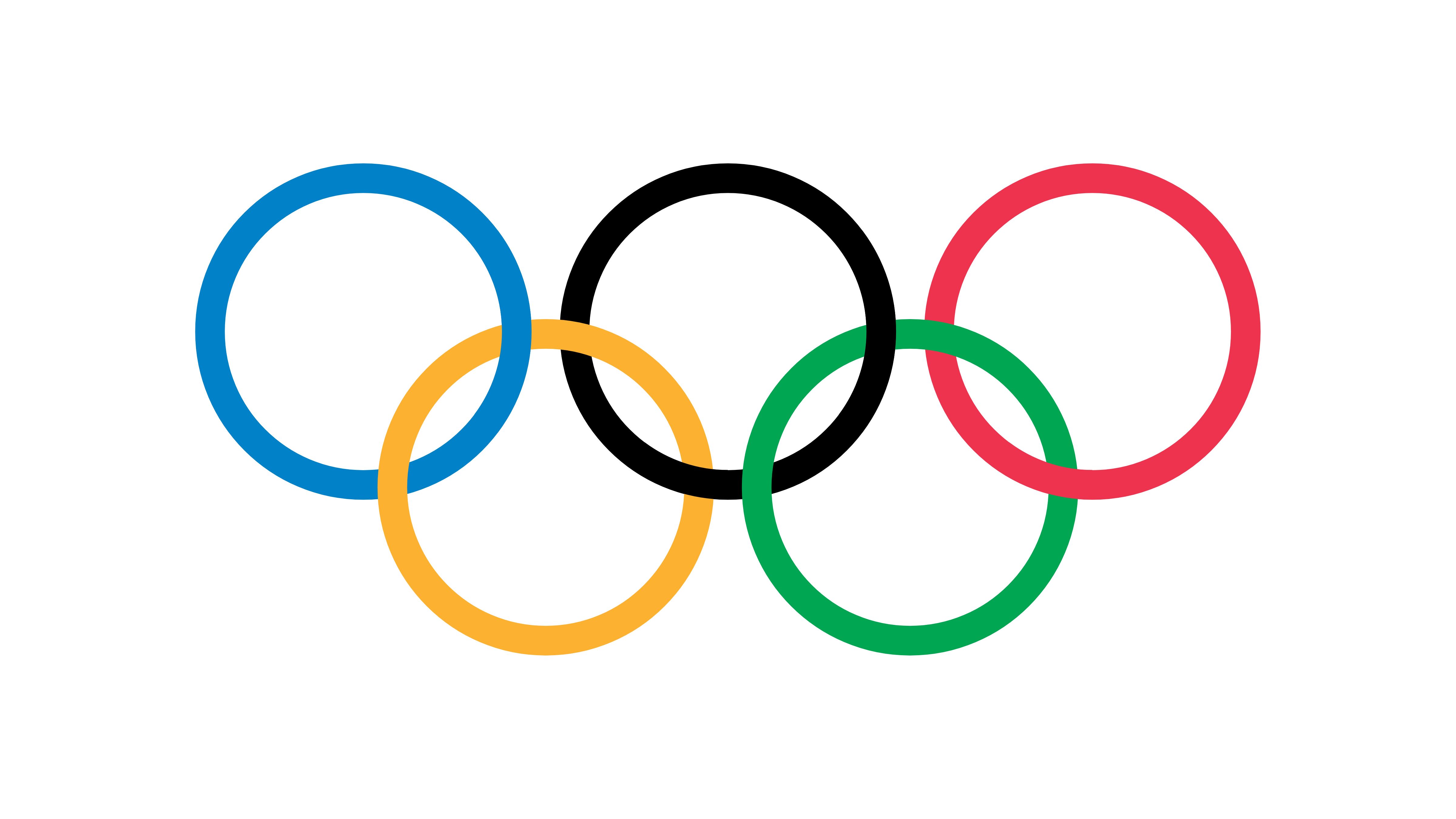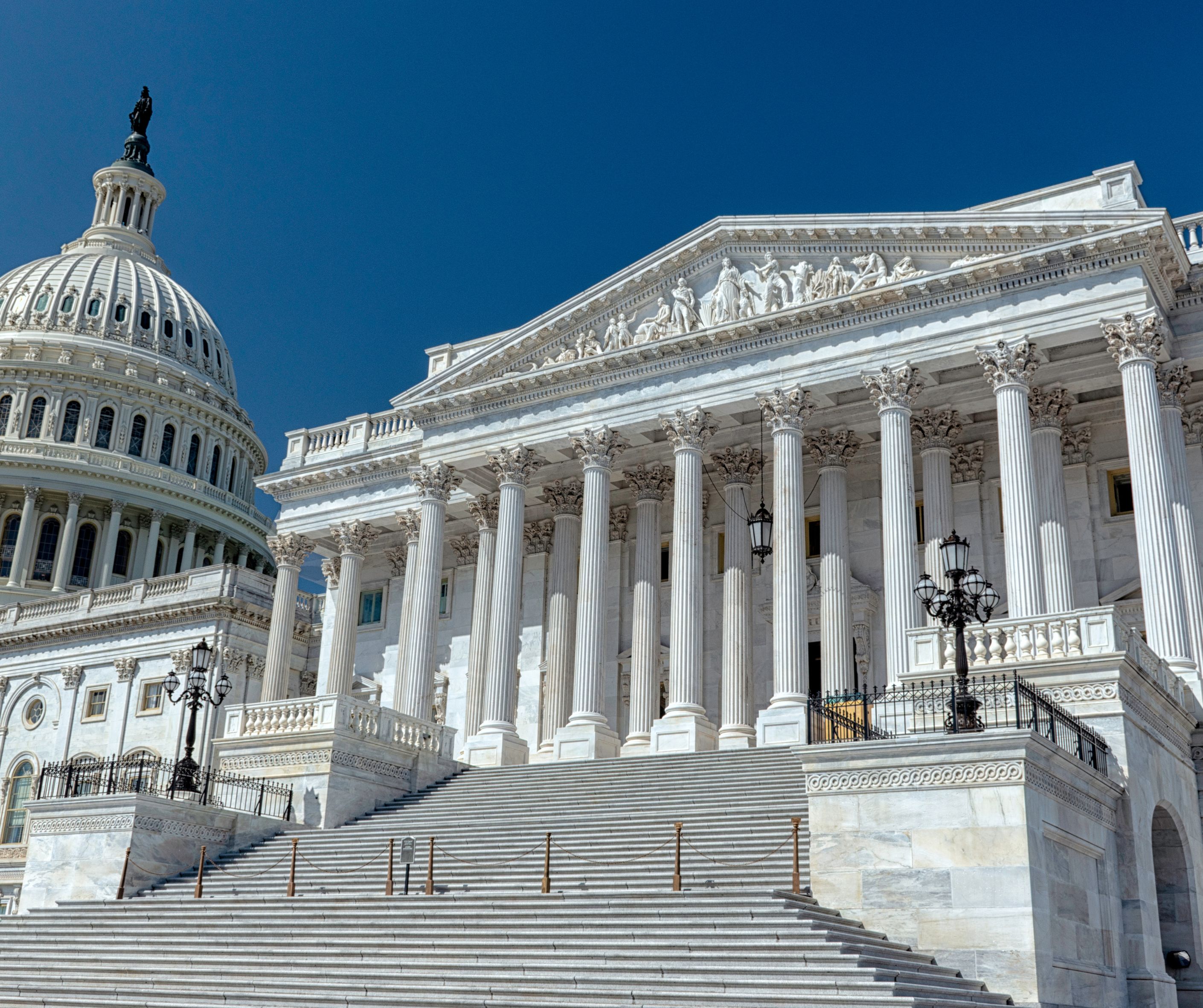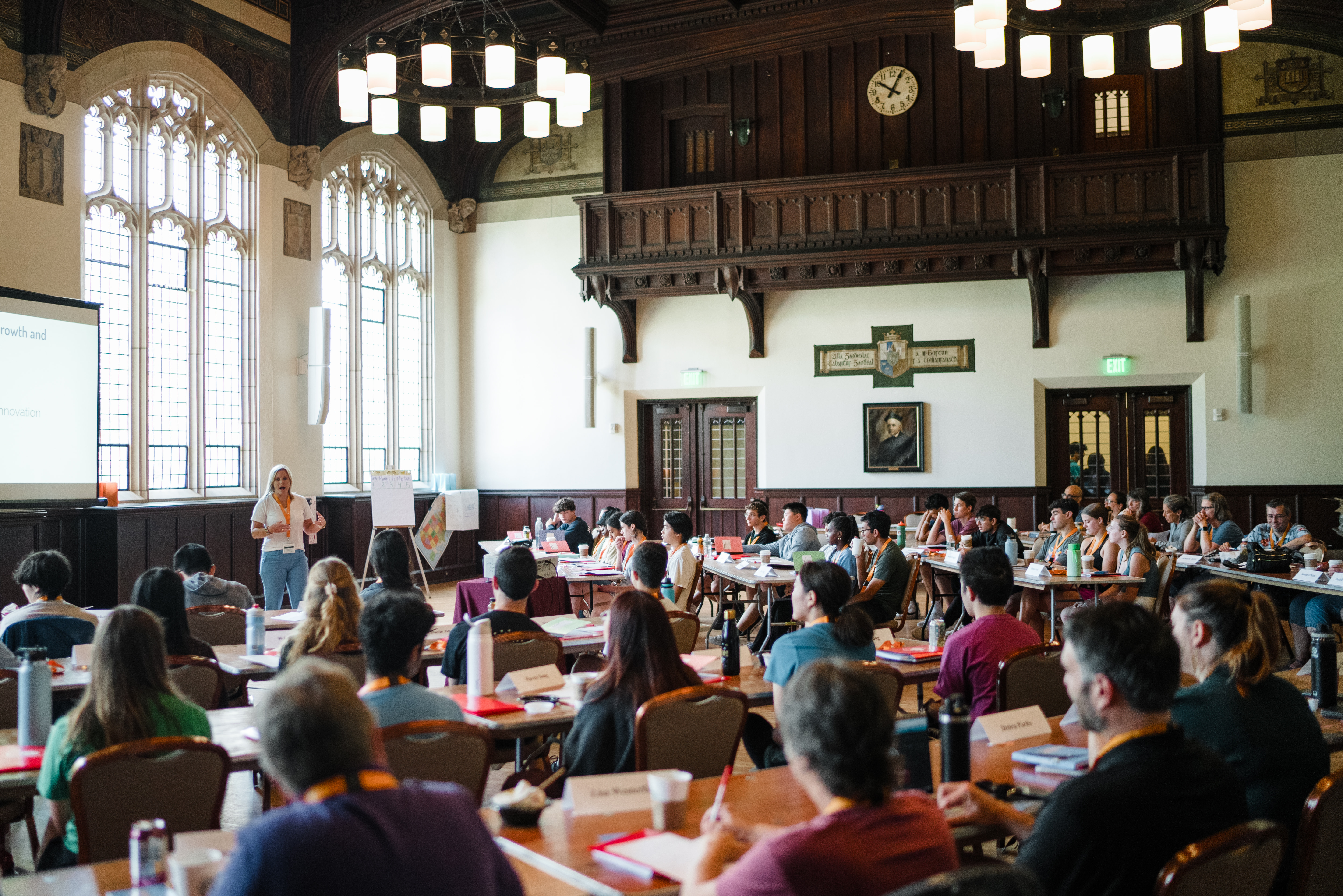Lesson 1 Student Handout

The True Cost of Glory: What Economics Teaches Us About the Winter Olympics
February 19, 2026 As Norway celebrates its 15th gold medal and Italy rallies behind its home team’s nine golds at…

Tell Our Elected Officials to Enroll in FTE Programs, Please!
January 30, 2026 Despite last-minute negotiations late this week, President Trump and congressional leaders appear to once again be on…

Foundation for Teaching Economics Opens Student Application for Summer 2026
January 12, 2026 The Foundation for Teaching Economics is pleased to announce that applications for Summer 2026 student programs are…
